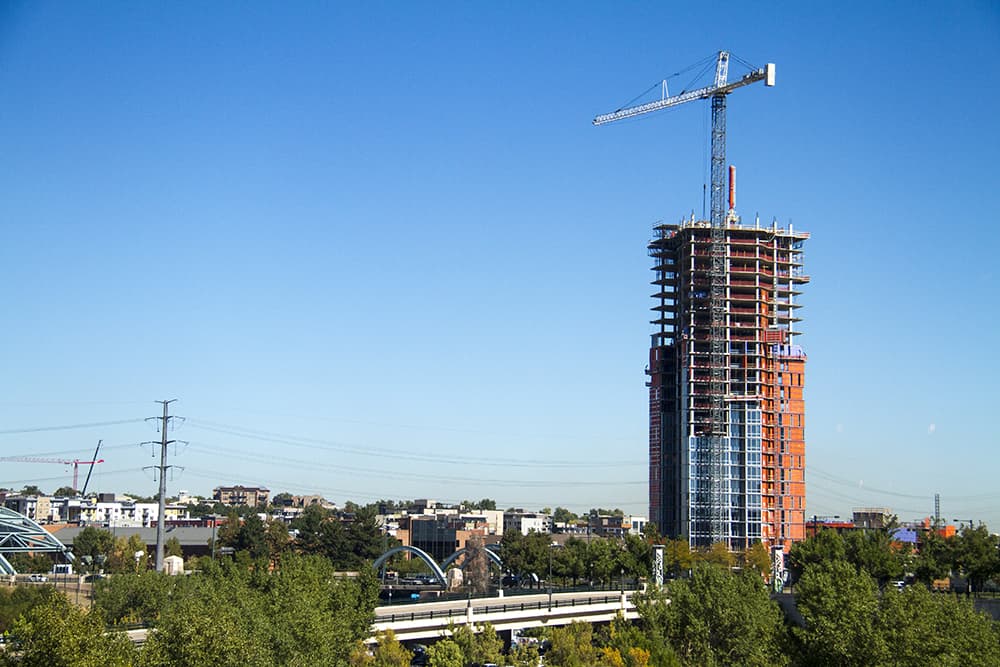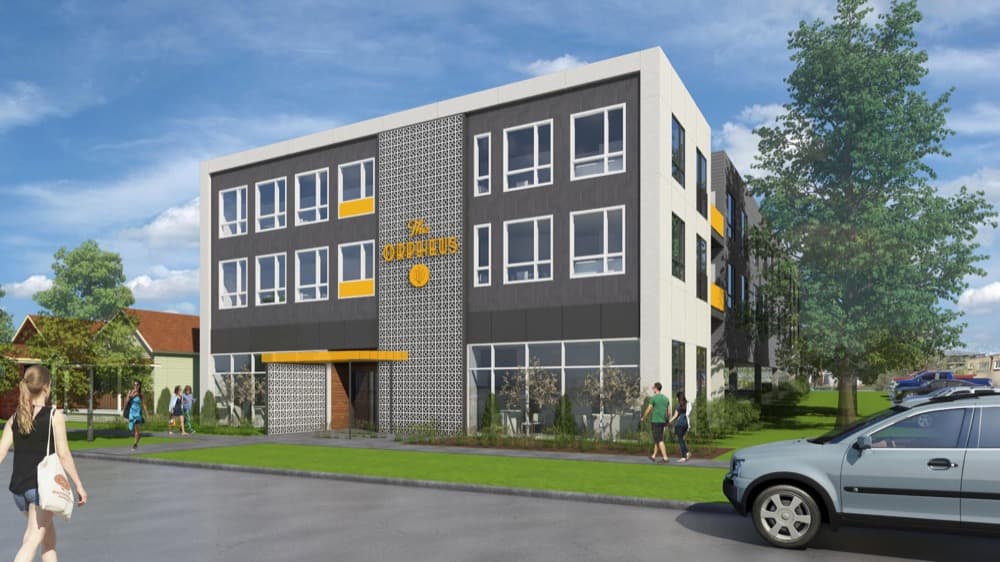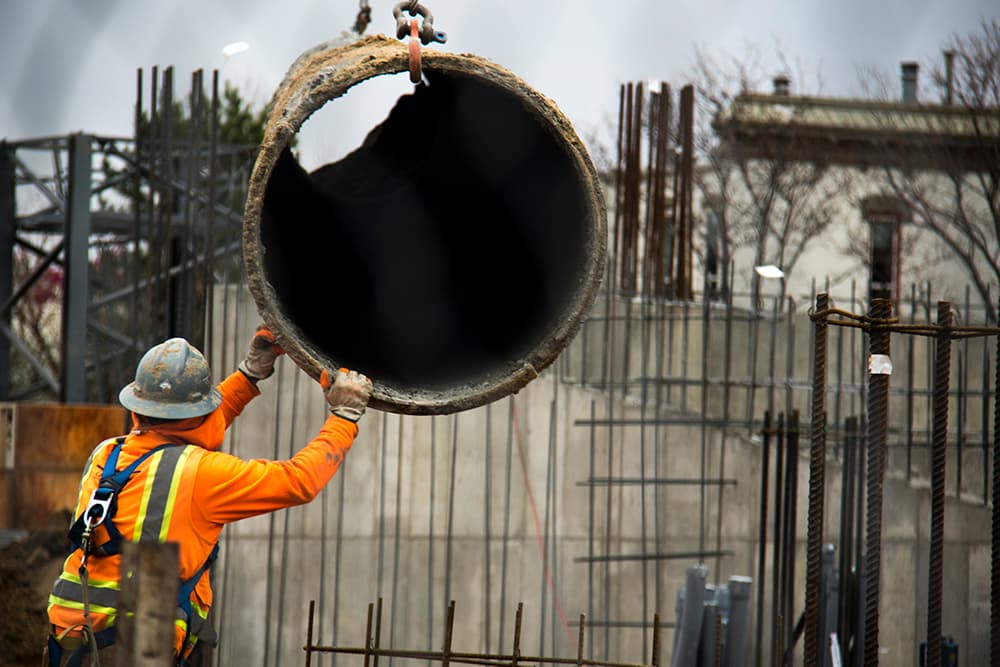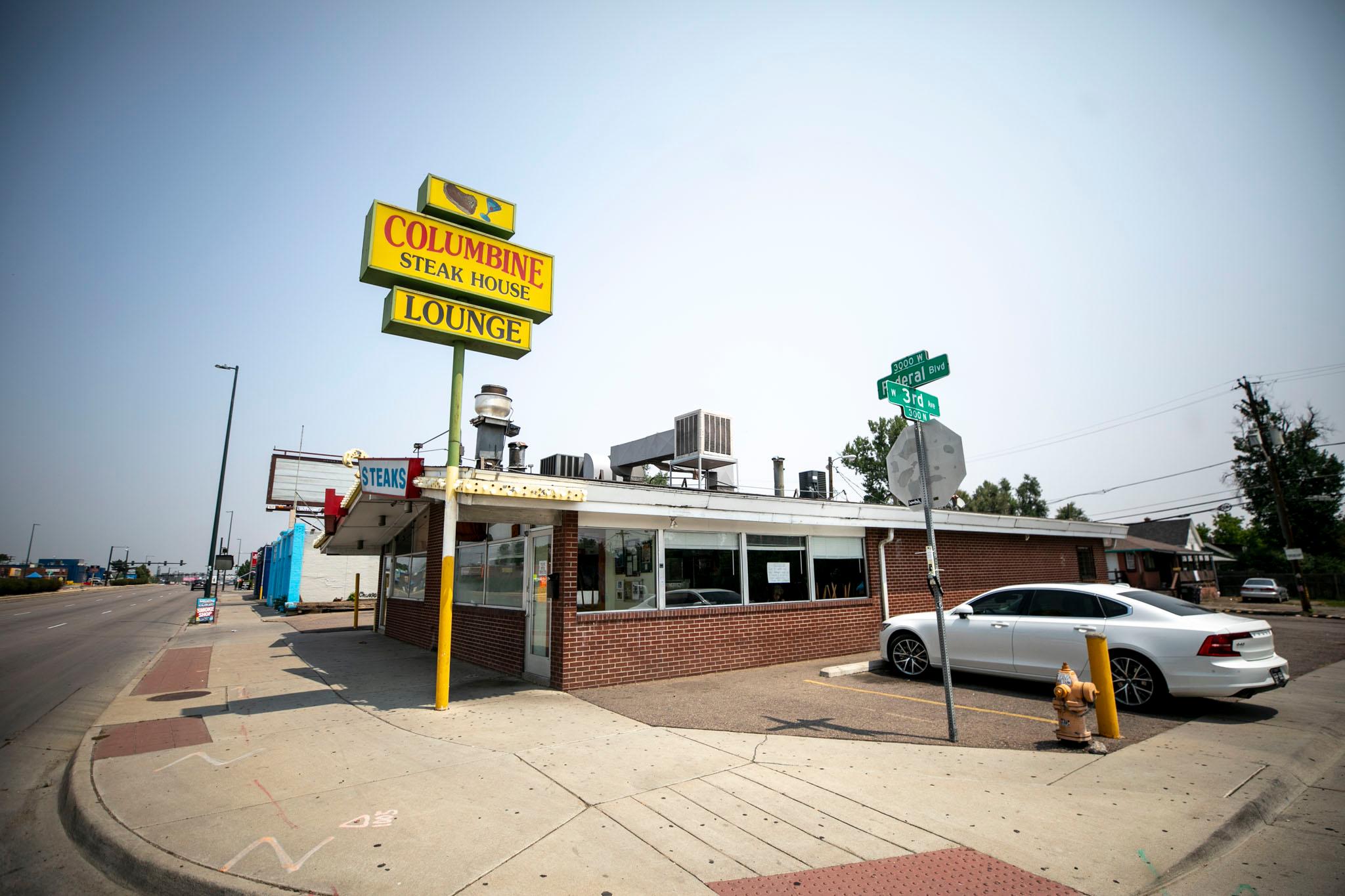
Legislators finally put together a deal this spring that could lead to more condos in Colorado. The big question now is whether developers will embrace the construction defects reform legislation that's on its way to the governor's desk and actually start putting for-sale units back on the market.
The head of the industry association Housing Colorado, Sara Reynolds, said it could be a couple of years before construction really gets going again on condos in Colorado.
"You'll start seeing people dipping their toe into the water," Reynolds said. "You're not going to see a rush of hundreds of units suddenly coming online. It will definitely be a more cautious and reserved approach."
Housing Colorado advocates for quality affordable housing for low- and moderate-income Coloradans throughout the state. The group was one of the organizations working to create the construction defects reform.
Condos are seen as a stepping stone to homeownership for many middle-income households, and the condo market has dried up in Colorado. Condos comprised 20 percent of the metro Denver new housing market in 2005. Today that number has plummeted to about 2 percent. Developers blamed laws that made it too easy for condo owners to sue builders for problems like cracked foundations and leaky windows. Advocates for homeowners (and trial lawyers) said making it too hard to sue would leave people at the mercy of unscrupulous builders.

The solution has been years in the making.
The compromise bill sent to the Gov. John Hickenlooper on Thursday requires homeowners to discuss any problems with developers before taking legal action. The legislation also requires a majority of condo owners' approval before any homeowners association can file suit on their behalf.
The legislation does not address one of the major stumbling blocks in previous years, the issue of binding arbitration as an alternative to lawsuits. However, a case that has gone to the Colorado Supreme Court could provide more clarity this summer.
The deal was enough for longtime Denver developer Michael Mathieson to consider getting into the condo market for the first time. Mathieson is planning a 12- to-16 story condominium tower and adjacent 200-unit hotel near Blake and 39th streets in RiNo.
"We were going to build apartments," Mathieson said. "The only reason it's looking to be condos is because of the law is about to change. ... I can't afford to put up a big building like that when it's not if you get sued, it's when."
Mathieson's project is going through the city's review process now. It's unclear how many developers like him have projects in the works that could add condos to the market.
The owner of Zakhem Real Estate Group, John Zakhem, said he might make some of his smaller planned projects condos. But even with the deal, Zakhem said it might still be too risky to take on major condominium developments.
"It's not just that we don't want to build condos, our architects, contractors, bankers and other consultants also don't want to take the risk of building condos," he said. "Lawsuits not only affect the developer but everyone involved in the project."
Denver's Community Planning and Development does not track if projects contain for-sale or for-rent units and consequently can't say how many condos might be in the pipeline, department spokeswoman Andrea Burns said.
"It is also something that is subject to change between concept and permitting, though that’s probably rare," she said. "So, we have never really been able to answer this question here at CPD throughout the long construction-defects saga."

A few developers were already testing the waters.
The head of Mainspring Developers, Fiona Arnold, is one of the builders who decided to put condos on the market before it was clear the reform would happen this year.
"There's just not enough inventory for people in Denver and people moving to Denver," Arnold said.
Condos are a more "attainable" option than townhomes and are thought to be a good way to transition people from renting to owning.
"You can't be in Denver and not be aware of how difficult it has become for people to get into the housing market during the last couple of years," she said.
Mainspring started construction in April on The Orpheus. The three-story condominium project in Jefferson Park is expected to contain 26 for-sale units starting at 633 square feet for $259,900, according to the project’s website.
"When it comes down to it, you have to build a quality building," Arnold said. "The construction defects reform is very helpful because it allows us to benefit from doing the right thing by the majority of homeowners."

But when will we see the condos?
Arnold doesn't expect to have The Orpheus complete until either late this year or early next. Mathieson's will likely not even get started until 2018 or 2019.
"If there are developers that this reform makes a difference for, as in they're willing to build condos, if they're sitting there at their desk today and changing their minds, you're a good two years out before you see any products from those developers," Arnold said.
It could also take a while for firms that provide insurance to developers to adjust their rates to reflect the ostensible decrease in liability builders are taking on with condominiums, Reynolds said.
Insurance industry experts told the Denver Business Journal they don't anticipate a significant drop in rates just from this bill, and high insurance rates have been one of the barriers for developers.
"As more and more people start dipping their toes in the water and we start seeing the outcomes of how this bill is really affecting how disputes are resolved, you'll start to see things escalate a little bit," Arnold said. "How long that's going to take is anyone's guess. It could be a couple of years before we really see the insurance industry respond, some of those rates start to drop as well as builders and developer seeing evidence themselves that this is working."
This article was updated from an earlier version to include comments from Zakhem Real Estate Group.
Subscribe to Denverite’s newsletter here.
Business & data reporter Adrian D. Garcia can be reached via email at [email protected] or @adriandgarcia on Twitter.












